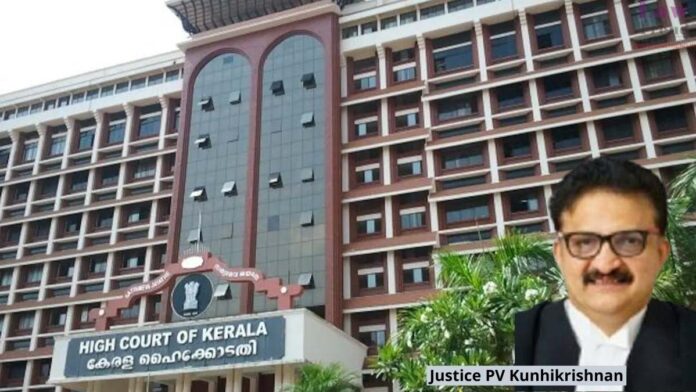In a pivotal ruling, the Kerala High Court declared that Section 52A of the Waqf Act, which governs the unauthorized transfer of waqf properties, does not have retrospective effect. This section, implemented on November 1, 2013, stipulates penalties for any alienation of waqf property without the approval of the Waqf Board.
Justice P V Kunhikrishnan delivered the judgment in response to a plea by two individuals who were being prosecuted under this section after the Kerala State Waqf Board filed a complaint. The board had accused them of unlawfully occupying waqf property within the Kozhikode corporation limits.
During the court proceedings, it was clarified that for a prosecution under Section 52A to be valid, there must be clear evidence of the accused either alienating, purchasing, or taking possession of waqf property post-enactment without prior consent from the Waqf Board. The court observed, “Clearly, there has been no alienation by the accused (petitioners), nor have they purchased the waqf property. It is also important to note that the petitioners did not take possession of the waqf property after Section 52A came into effect.”
Further evidentiary review established that the petitioners were already in possession of the disputed property before the introduction of Section 52A. This led Justice Kunhikrishnan to conclude that the current prosecution was not sustainable as the legal provision does not apply retroactively.




